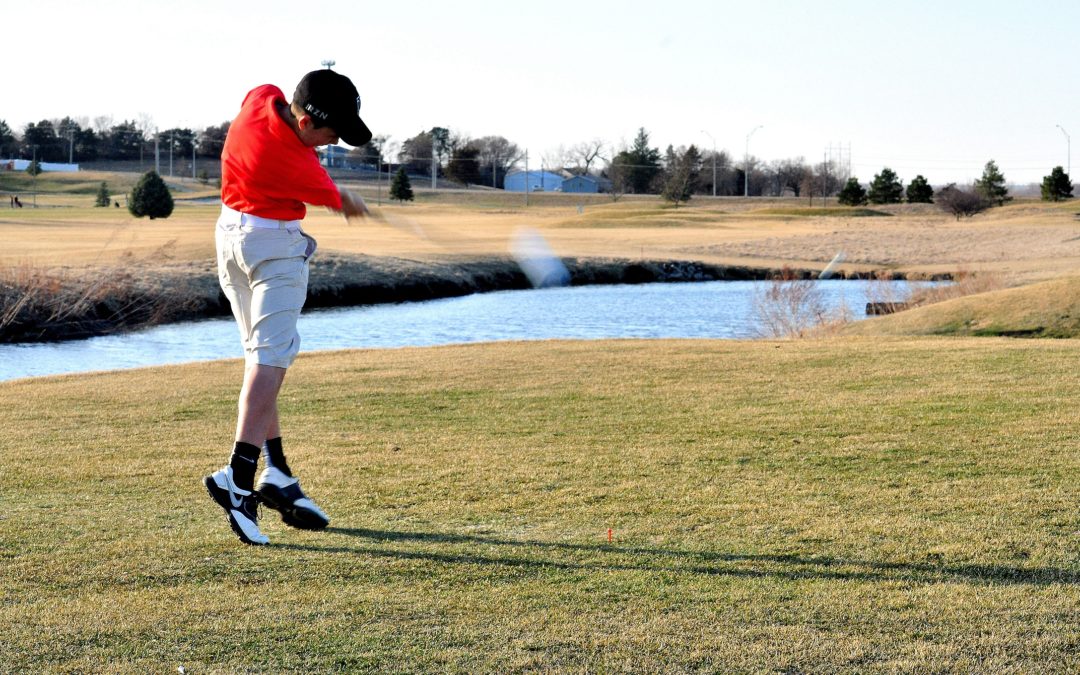From my experience of working with junior golfers on their mental game over the past 10 years, I can clearly see patterns in the mindset and attitude of a player and how successful they become.
The good news, if you’re a parent or coach of a junior golfer, is that a strong mindset is something that can be developed in the same way that technical skills are – with nurture and discipline. Parents and coaches can help encourage this shaping of their junior’s mindset every step of the way and set them up for future success.
Mindset and the Success of Junior Golfers
Carol Dweck, a professor at Stanford University, known for her work on mindset psychology, tells us that there are 2 types of mindset which explain how individuals respond to challenges, and therefore, how successful they become – a fixed mindset and a growth mindset. I see examples of these mindsets all the time as a mental coach to junior golfers.
Click here to read David’s full article and to find out how parents and coaches can help develop a growth mindset in junior golfers!
A Fixed Mindset in Junior Golfers
A fixed mindset is where an individual is performing an activity with the perspective that their results define how good they are. They play with a lot of fear of making mistakes and failing. If the result was poor, it was a poor performance. That golfer will typically want to ignore a bad round or tournament and quickly move on. This mindset can also be thought of as an “ego” mindset. Such a mindset is developed when a junior is repeatedly told they are “very talented” and praised for their results instead of their effort.
A Growth Mindset in Junior Golfers
At the other end of the spectrum is the growth mindset. Players with a growth mindset focus more on what is being learned and experienced through a round, not just the end result. Such players are more immersed in the process of what they are doing because they are less in fear of making mistakes. They enjoy challenges more than those with a fixed mindset because they know it’s how you grow and develop as a player.
Contrarily, those with a fixed mindset are more likely to shy away from a challenge through fear of failing. Jordan Spieth would be an example of a player with a growth mindset. His coach Cameron McCormick once said that his mindset was one of the first things he noticed about Jordan – the harder the challenge he gave him, the more he wanted to complete it.
Players with a growth mindset have had it instilled into them that their talents are not fixed but unlimited and that with hard work and accepting that failure is part of the process, they will “grow” with every round regardless of the result.
Click HERE to read David’s full article and to find out how parents and coaches can help develop a growth mindset in junior golfers!
______________________________________________________________________
David Mackenzie is a mental coach for golf, and the founder of Golf State of Mind. He currently works with golfers on the PGA Tour, Web.com Tour, European Tour, Challenge Tour, LPGA and LET, along with many elite juniors and amateur golfers of all levels.

